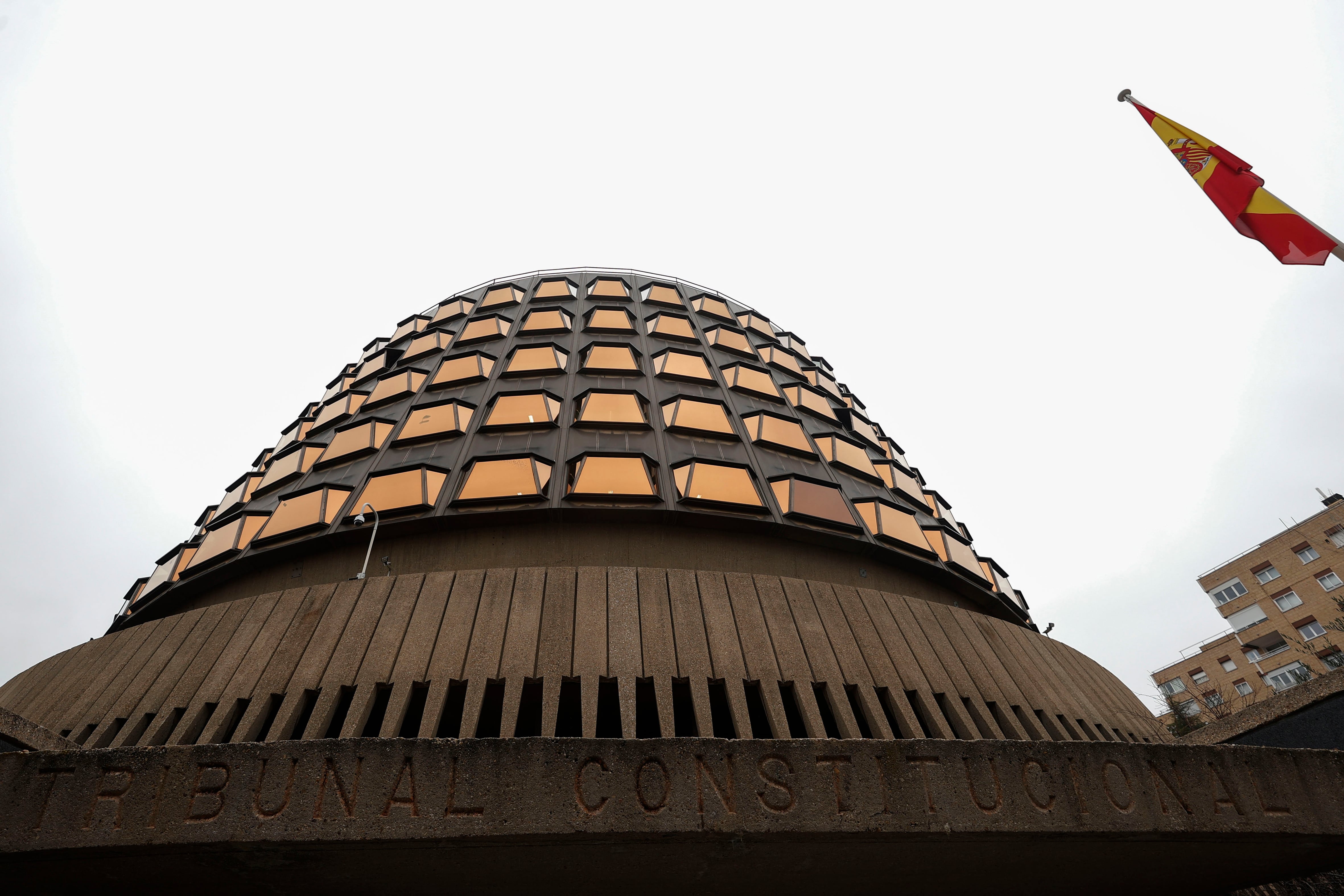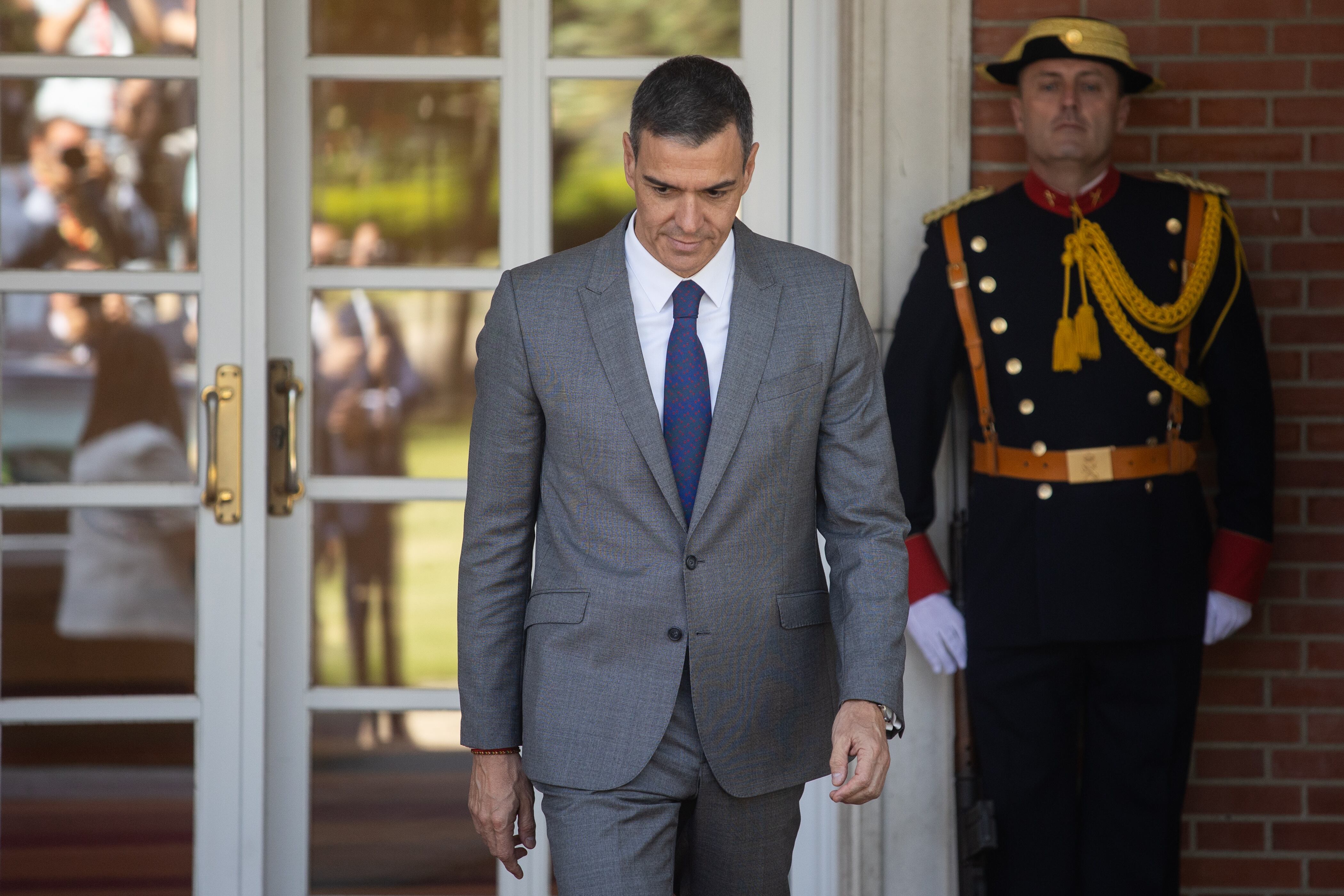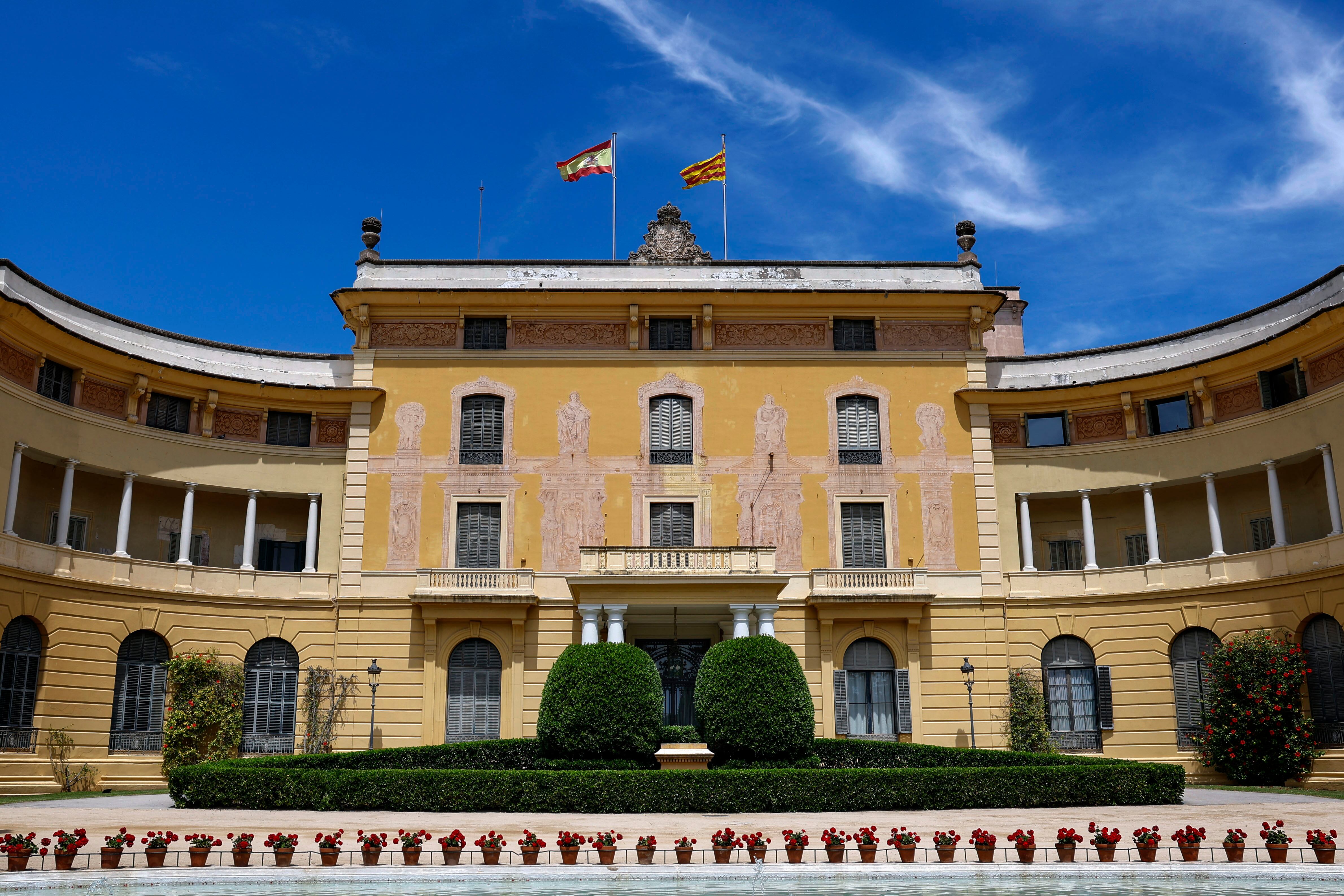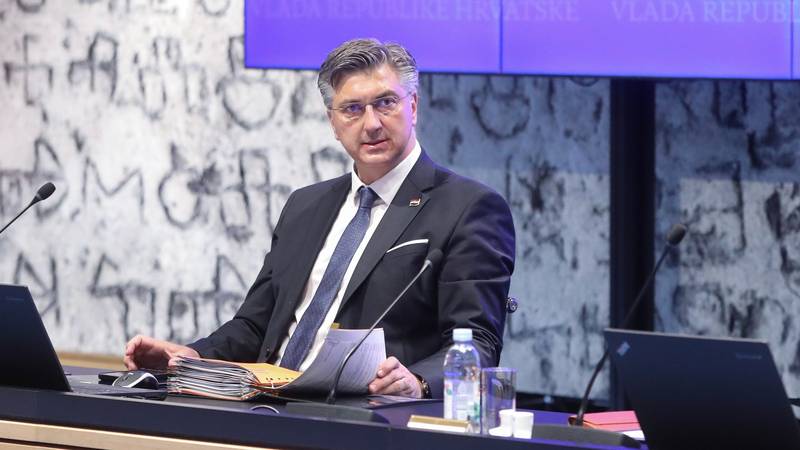The Constitutional plans to prevent its ERE judgment from being used before European justice | Spain

The Plenary of the Constitutional Court on Tuesday addressed its first debate on the attempt to Seville’s hearing to question before European justice the sentences issued by the guarantees itself About him case of the ERE from Andalusia, in which he annulled or in practice deactivated the convictions for embezzlement that the Supreme Court imposed with the votes against two of the five magistrates who composed that court. The Plenary of the Constitutional did not make decisions on Tuesday, but it was clear that the progressive sector is contrary to said initiative of the Seville Audience, and wants to study how to prevent this judicial body from appealing to European justice.
This progressive, majority group in court, in essence that the Organic Law of the Constitutional Court It establishes with rotundity that any resolution contrary to its sentences can be annulled, so – to reserve what is decided in the continuation of the initiated debate – it is in favor of applying articles 4 and 92 of that rule to prevent the open procedure from formally raising before the Court of Justice of the European Union (TJUE). The progressive sector estimates that the initiative of the Seville Court « is an attempt to change the Spanish constitutional model » on the primacy of the resolutions of the Court of Guarantees.
The matter was discussed on Monday in the First Chamber of the Constitutional Court, in relation to another similar case, promoted by the Superior Court of Justice of Madrid, on arbitration awards. This court has already raised a preliminary ruling to European justice, thereby questioning the resolutions of the Constitutional. As for the case of the ERE, The initial purpose was to commission a report to a group of lawyers of the Constitutional, as has been done in the case of resources against the amnesty law, although this report has not yet been requested until the providence was previously analyzed that issued last week the first section of the Seville Court, initiating the procedure.
The magistrates of the conservative block, in turn, presented in general in the plenary their favorable opinion to allow the interposition of the prejudicial issue that the Seville hearing intends to take to the Luxembourg Court. Four of the members of this group were already part of the Constitutional when this Court issued the sentences on the case of the ERE, between June and July. All of them formulated particular votes against the failures that were approved. The fifth component of the group, José Mario Macías, did not intervene then. He joined the Guarantees Organ last January.
The first of the articles of the Constitutional Law that would allow closing the step to the initiative of the Seville Audience is 4.1, which provides that the guarantee body « will delimit the scope of its jurisdiction and adopt as many measures as necessary to preserve it, including the declaration of nullity of those acts or resolutions that the undermining. » In its second section, the same rule determines that « the resolutions of the Constitutional Court may not be prosecuted by any jurisdictional body of the State. » In the opinion of the progressive majority of this institution, the procedure opened by the Seville audience breaches this precept.
Article 92 of the same law, modified by the government of Mariano Rajoy in 2015, provides that the Constitutional “will ensure the effective fulfillment of its resolutions” and that it may “declare the nullity of any resolutions that contravene those dictated in the exercise of its jurisdiction, on the occasion of the execution of these, prior hearing of the Fiscal Ministry and the body that dictated them”. From there, in part, that the Audience of Seville has been asked the providence he issued, since before annulled it must know his arguments. In the Constitutional there is a deep discomfort due to the fact that said audience had to be asked for its resolution, when it was understood that it had to be sent without the need for it to be requested.
The PP government modified that article 92 to strengthen the constitutional powers in situations that were generated with the initiatives of the Proces in terms of breach of court resolutions. The PSOE then opposed this review of the Organic Law of the Court and announced an appeal of unconstitutionality that did not appear.
Among the many avatars that the case of the ERE It should be noted that the process instructor in the Supreme Court, Alberto Jorge Barreiro, ruled out embezzlement in one of his cars by stating that they did not consist “indications that (Manuel) Chaves, (Gaspar) Zarrías and (José Antonio) Griñán intervened directly” in the deliveries of public funds, “nor that they knew that public flows were being available for aid to the illegal profit of third people”. After the judgment of the Supreme, Judge Ana Ferrer and Susana Polo presented a discrepant vote to the conviction in which they rejected that Griñán and four other accused had committed embezzlement.
In turn, the Professor of Criminal Law Gonzalo Quintero Olivares wrote that “the sentences of the Provincial Court of Seville and the Supreme Court ‘invent’ a kind of ‘budget administrative act’ (legally non -existent concept) that then transforms into ‘prevaricant act’, all clearly apart from criminal law, openly infringing the principle of legality (…)”. And about embezzlement, he explained that the Provincial Court and the Supreme Court “insert another argument lacking a legal basis: the Ministry of Economy and Finance (directed by Griñán) had the duty to control the other councils and the way in which they executed their respective budget items. That duty, of course, does not exist because the aforementioned Ministry is not a“ control body ”, and so recognizes.
But Seville’s hearing understands that the sentence can violate European regulations against corruption. Legal sources consulted by the country now add that there is no precept of the Treaty of the European Union that empowers the organs of the ordinary jurisdiction to disobey the sentences of their respective Constitutional Court. « In jurisprudence only in some extreme cases of direct violation of European law have been registered in matters that affect the EU economic interests, such as VAT. But they are cases not applicable in this procedure in which European law is not cited in any of the sentences and funds used for aid are exclusively from the Junta de Andalucía. »







